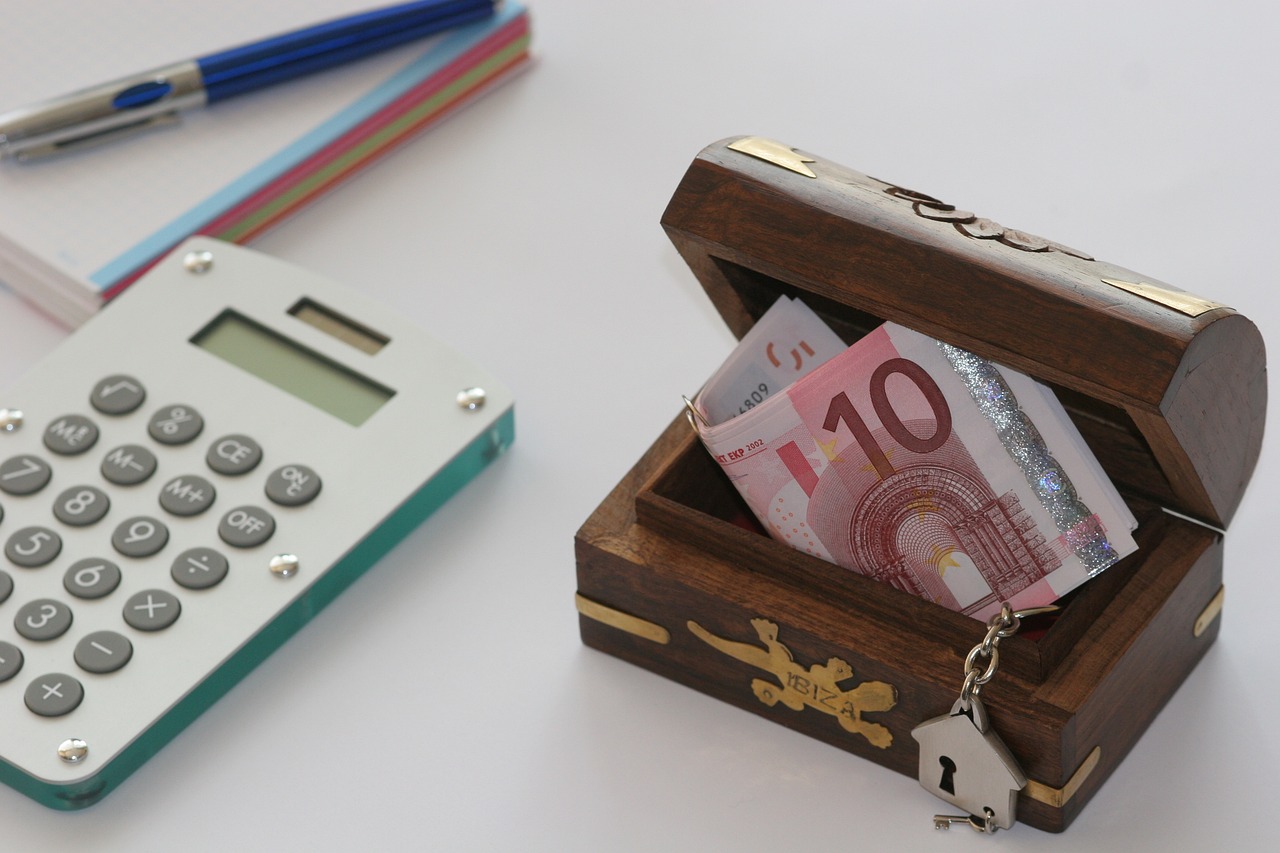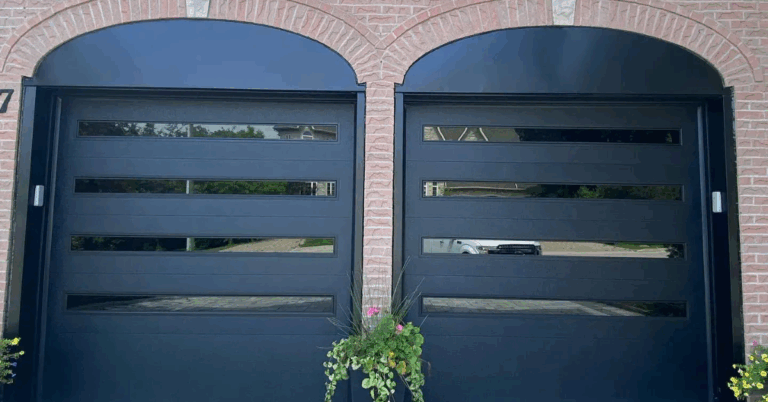Trends in Event Technology Integration: From Wearables to IoT
allexchbet, 99exch, all panel.com:Event technology has been evolving at breakneck speed in recent years, with new innovations constantly reshaping how we plan, execute, and experience events. From wearables to Internet of Things (IoT) devices, event planners now have a plethora of tools at their disposal to create memorable and engaging experiences for attendees.
In this article, we will delve into the latest trends in event technology integration, exploring how wearables, IoT, and other cutting-edge technologies are revolutionizing the event industry. Join us as we take a deep dive into the world of event tech and discover how these innovations are shaping the future of events.
The Rise of Wearables
Wearables have been gaining traction in the event industry, offering a wide range of benefits for both event planners and attendees. From smart badges that streamline check-in processes to wristbands that enable cashless transactions, wearables are revolutionizing how events are organized and experienced.
One of the key advantages of wearables is their ability to collect data in real-time, providing valuable insights into attendee behavior and engagement. By leveraging this data, event planners can personalize the event experience, target specific groups of attendees, and measure the success of their events more effectively.
Moreover, wearables can enhance networking opportunities by enabling attendees to exchange contact information with a simple tap or gesture. This seamless integration of technology fosters meaningful connections and facilitates communication among participants, ultimately enhancing the overall event experience.
The Power of IoT
IoT devices are also playing a crucial role in reshaping the event landscape, offering new ways to interact with attendees and create immersive event experiences. From smart beacons that deliver personalized content to connected devices that enable real-time feedback, IoT technology is revolutionizing how events are planned and executed.
One of the most significant benefits of IoT integration in events is the ability to streamline processes and enhance efficiency. By automating tasks such as registration, check-in, and session tracking, event planners can reduce the burden on staff and create a more seamless experience for attendees.
IoT devices can also enable dynamic event experiences through interactive displays, augmented reality, and other immersive technologies. By incorporating these elements into their events, planners can captivate their audiences, drive engagement, and leave a lasting impression on attendees.
The Future of Event Technology Integration
As event technology continues to evolve, we can expect to see even more innovative solutions enter the market, transforming the way events are planned and experienced. From artificial intelligence and virtual reality to blockchain and 5G connectivity, the possibilities for event tech integration are virtually endless.
By staying ahead of the curve and embracing these emerging technologies, event planners can create truly unforgettable experiences that resonate with attendees and set their events apart from the competition. Whether it’s leveraging wearables for data-driven insights or harnessing IoT devices for immersive experiences, the future of event technology integration is bright and full of potential.
In conclusion, the trends in event technology integration are constantly evolving, reshaping the event industry and offering new opportunities for planners to create unique and engaging experiences. By embracing wearables, IoT, and other cutting-edge technologies, event planners can elevate their events to new heights and deliver unparalleled value to attendees. The future of event tech is here, and the possibilities are endless.
FAQs
1. What are wearables in the context of event technology?
Wearables in the event industry refer to devices such as smart badges, wristbands, and other wearable technologies that enable attendees to interact with the event environment, collect data, and enhance the overall event experience.
2. How can event planners leverage IoT devices to enhance their events?
Event planners can leverage IoT devices to streamline processes, collect real-time data, create interactive experiences, and engage attendees in new and innovative ways. By incorporating IoT technology into their events, planners can create memorable and immersive experiences that set their events apart from the competition.
3. What are some emerging technologies that event planners should keep an eye on?
Some emerging technologies that event planners should keep an eye on include artificial intelligence, virtual reality, blockchain, and 5G connectivity. These technologies have the potential to revolutionize the event industry and offer new opportunities for planners to create unique and engaging experiences for attendees.







